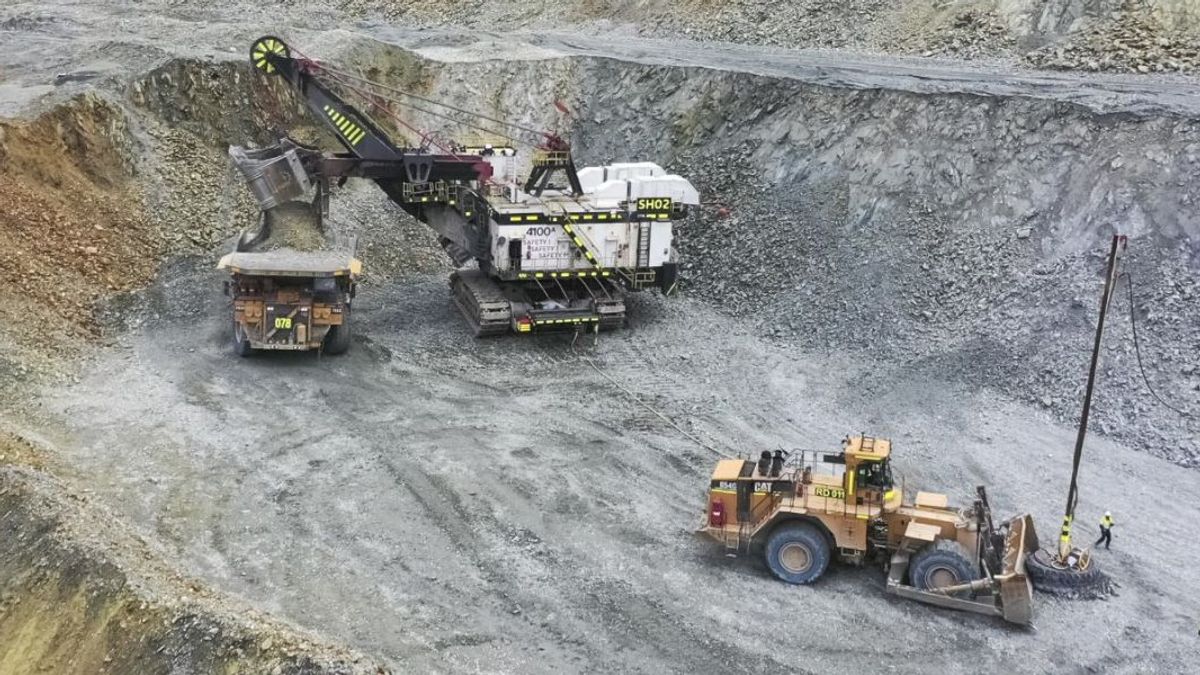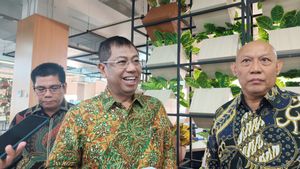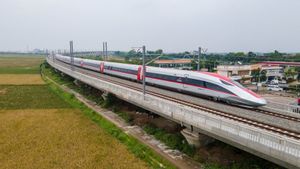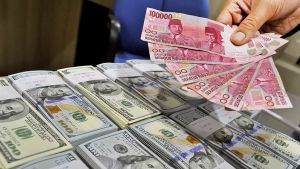JAKARTA - Member of Commission VII DPR RI, Mulyanto, hopes that the next period of government will dare to evaluate the existing mining downstream program so far.
According to him, the downstream program run by the Joko Widodo Government is far from successful because the economic benefits obtained are not proportional to environmental damage in all mining areas.
In fact, said Mulyanto, some people say that reckless mining management in the name of downstreaming has brought a curse on natural resources.
"Natural resources that should be able to be a source of well-being for the people around the mine, instead live in very worrying conditions," Mulyanto said in a statement to the media, Friday, July 26.
Mulyanto assessed that the anomaly related to poverty that actually occurs in natural resources-rich areas or areas that are intensified by the downstream program, which is often referred to as a curse of natural resources or deuch disease, needs to be investigated more deeply by the Government and experts.
"However, in my opinion, this is due to the low effectiveness and efficiency of development fund management originating from profit-sharing funds (DBH) and other taxes by the Regional Government, including the spread of mining corruption cases. Even large income does not have an impact on the welfare of the community or is slow to achieve," explained Mulyanto.
He saw that the people recruited were only limited to rough workers, due to limited expertise.
Plus irregularities in environmental management have caused water sources and land to shrink, which has further declined the development of agricultural fields in the area.
SEE ALSO:
Therefore, regarding Mulyanto's downstream program, he asked the President for the following period to evaluate the policies that have been in effect so far comprehensively, including the efficiency of development funds for the welfare of the people.
He urged the Government to prohibit exports of low-grade semi-finished nickel products such as nickel pig iron and ferronicles and immediately implement the moratorium on the construction of the first-class smelter that produces low-grade nickel products.
"We need to encourage downstream nickel with high added value so that the double effect for the community increases by building a smelter factory that produces high-grade nickel such as stainless steel, batteries. In addition, a comprehensive audit of smelters from China that are prone to fires, causing casualties for workers who are not small," concluded Mulyanto.
The English, Chinese, Japanese, Arabic, and French versions are automatically generated by the AI. So there may still be inaccuracies in translating, please always see Indonesian as our main language. (system supported by DigitalSiber.id)













